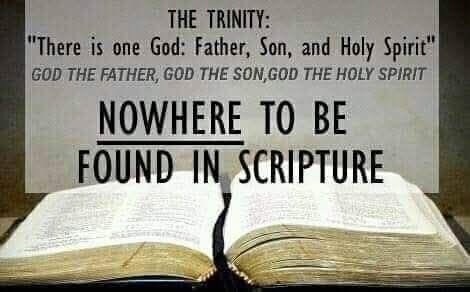Many of us have already shown you these passages. But at the risk of throwing God's pearls before swine, I will attempt it one last time.
Isa 9:6 - The prophecy of a child being born who would be God.
John 1:1-3, 14 - Jesus is God, is eternal, created everything that was created and became a man who lived on Earth.
John 8:58 - Jesus is eternal, existed before Abraham, and Abraham longed to see the day of Jesus.
John 10:30 - Jesus says He and the Father are ONE. If Jesus were not God, it would have been a sin for Jesus to accept being called "God".
John 20:28 - Thomas calls Jesus "God" and is not rebuked by Jesus. If Jesus were not God, it would have been a sin for Jesus to accept being called "God".
Heb 1:8 - the Father calls Jesus "God".
Col 2:9 - In Jesus the fullness of deity dwells.
Titus 2:13 - Jesus is called "our God and savior".
Rev 1:8 - Jesus is the "Alpha and Omega", a title of God.
2 Pet 1:1 - Jesus is our "God and Savior".
These are not vague, ambiguous, "pieced together", or hidden. They are very clear statements of the deity of Christ Jesus. If you deny these, then you must deny Scripture, and deny salvation through Him. As John says,
"Beloved, do not believe every spirit, but test the spirits to see whether they are from God, because many false prophets have gone out into the world. 2 By this you know the Spirit of God: every spirit that confesses that Jesus Christ has come in the flesh is from God; 3 and every spirit that does not confess Jesus is not from God; this is the spirit of the antichrist, which you have heard is coming, and now it is already in the world." (1 John 4:1-3)

